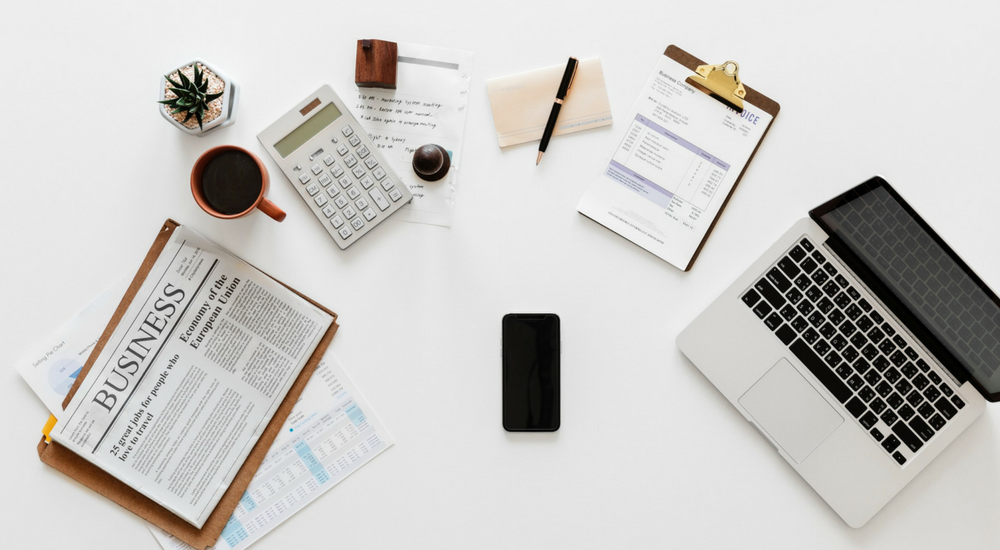
Business Start Up Costs – What’s Involved?
When thinking about starting a business, there are the obvious things to consider which you’ll need to organise prior to moving forward with any business idea. The main point will be the costs involved with starting a business.
What are start-up costs?
Your business start-up costs are all the finances you will need or incur in order to get the business started and off the ground. This can be from buying stock, renting a property, marketing, to having the correct insurance policies.
Types of start-up costs
There are two types of costs that you will need to budget for when thinking about your business start-up and the budget and planning you’ll put together. These are variable costs and fixed costs.
Variable costs:
Variable costs are those that will be incurred which may fluctuate depending on the need, production volume or sales turnover. As production increases, variable costs change with it.
Material and labour costs come into this equation. It might be the cost of having a product made, buying the materials, staffing costs or delivery charges for example. These are all dependant on variable charges and marketing conditions.
Fixed costs:
Fixed costs are those that you have to pay, no matter whether the business turns over a profit or not – costs that you have no control over and have to pay regardless. These range from professional fees when engaging solicitors, insurance policies, the cost of premises and utilities, sales and marketing, stock, staffing, equipment.
Every business will be different, but all will need to have their own insurance.
- Employers’ liability insurance
- Public and product liability insurance
- Building and contents insurance
- Professional indemnity insurance
Little mounts up
Every little bit that you spend will mount up to a larger amount, therefore it’s vital to keep records of every penny of spending. Your business should be able to cover the costs of this spending and should not come out of your own pocket, which can be tempting when starting a business.
Many people neglect the smaller amounts and end up paying for items themselves, however if they are allowable business expenses, they can be claimed for. Common examples of these small costs incurred are:
- Stationery
- Website builds & hosting
- Costs involved in moving to a property or renovating them
- Business rates
- Utilities
Keep receipts
In order to claim tax relief, you must have a valid VAT receipt and paperwork for each item purchased. If these cannot be presented if HMRC question you, the tax will be requested back, often with interest.
Overestimate
It’s always a good idea when starting a business to overestimate your start-up costs, there are invariably extra costs involved that are forgotten or not thought of which will catch you by surprise. If you underestimate your business start-up costs, your business may be less profitable and may not even make a profit in its first year. This could result in extra funding being required, something to avoid if possible.
Your business stands a better chance surviving its first year of trading if you minimise the start-up costs as much possible. The first year is crucial to business success as you’ll need to turn over less in order to break even.
If you’re looking for someone to help you with budgeting or forecasting for your start-up costs, or just require general advice on starting a business, we’d love to help. We offer guidance and advice to businesses in the start-up process and can also offer a budgeting service to get you started. Get in touch today!

This Post Has 0 Comments